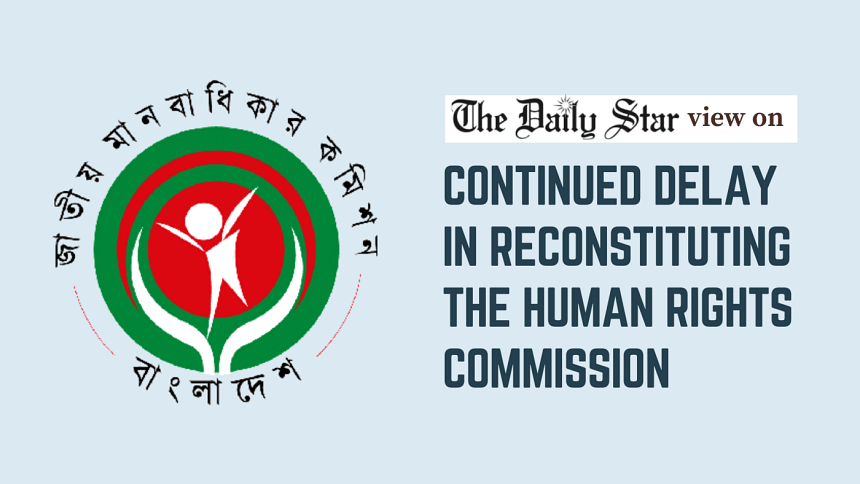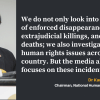We need a truly independent, effective rights watchdog

It is unacceptable that seven months after the resignation of its chairperson and members, the National Human Rights Commission (NHRC) still remains leaderless, powerless, and largely ineffective. This situation might have been expected during Awami League's 15-year rule when it functioned as little more than a silent spectator to the regime's persistent human rights violations. And that should have changed following its ouster through the July uprising. Unfortunately, the interim government—which has frequently expressed its commitment to upholding human rights—has made little, if any, progress in reforming and empowering the NHRC despite having been in power for over 10 months.
Established in 2009, the commission was intended to align with the 1993 Paris Principles and function as an independent human rights watchdog. These principles require such institutions to be autonomous, well-resourced, and capable of investigating all rights violations, including those committed by state actors. However, since its inception, the NHRC has been widely criticised as a "toothless body", and for good reason.
By law, it cannot investigate law enforcement agencies or intervene in cases pending before the courts or the ombudsman, effectively excluding it from many of the country's most serious human rights cases. Additionally, under Sections 6 and 7 of the NHRC Act, the president appoints its chairperson and members based on recommendations from a selection committee largely composed of ruling party allies. According to rights advocates, this violates the Paris Principles, which emphasise that minimising political interference is essential to a rights watchdog's credibility. Moreover, unless the commission is capable of holding state actors accountable—which the NHRC is not, by design and by statute—its very existence becomes symbolic, offering neither meaningful protection for victims nor deterrence against future violations.
Another significant concern is the NHRC's funding. Reportedly, only 25 percent of its budget comes from the state, while 75 percent is provided by international development partners. For such an important human rights body, there must be a designated budget that ensures both its efficiency and its operational independence.
On top of these pre-existing structural issues, the interim government's failure over the past seven months to reconstitute the commission has left it limited to receiving complaints and carrying out routine administrative tasks only. This is deeply unfortunate, and totally unacceptable. In a way, the continued plight of the NHRC resembles that of the National River Conservation Commission (NRCC). For years, critics argued that the NRCC was deliberately kept weak—not only in terms of legal and executive authority but also in terms of budget, resources, and administrative power. Since the change in government, it too has remained virtually non-functional. Such dysfunctions benefitted rights and rivers violators in the past, and they continue to do so now.
For a government charged with leading the state reform drive, it is difficult to understand why it has failed not only to make these commissions functional but also to reform their structures and introduce meaningful change in their governance. It is high time the government changed its course.

 For all latest news, follow The Daily Star's Google News channel.
For all latest news, follow The Daily Star's Google News channel. 










Comments